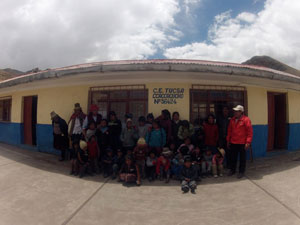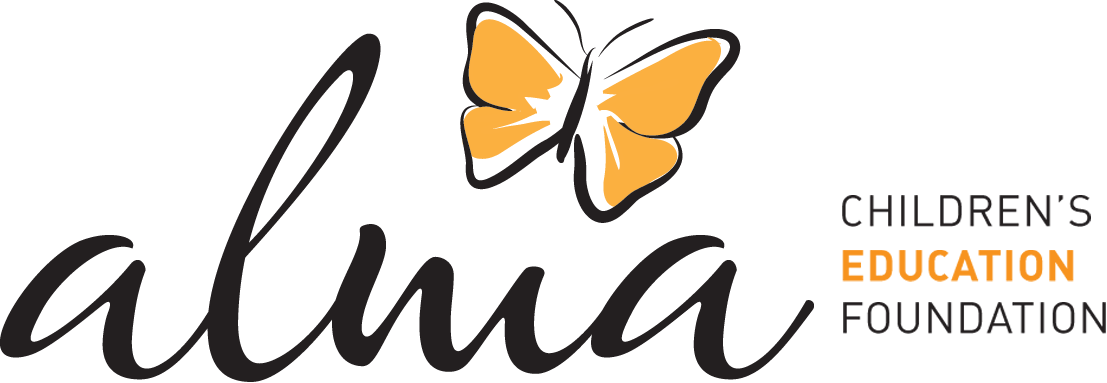The community of Tuksa is located at an altitude of 4,000 meters above sea level, in the province of Canchis. It is a very remote community, isolated to the point that the community has little contact with the outside world. They have no telephone service and most of the people there do not speak Spanish. There are 40 families living in Tuksa mostly farming alpacas for their wool.
In 2015 we traveled to the community and began attending “assembleas” with parents. The community wanted to create a learning center for their children. We developed the idea of creating a “library” where we would teach reading comprehension, linguistic comprehension and provide homework support.
The library became a place where kids could come in the afternoons, receive tutoring and share their problems with a highly qualified teacher, in a friendly and fun learning environment. Parents were able to organize academic activities with the teacher and the students once every month. Partly because of the freezing cold temperatures, most students in Tuksa would run back home after school to take shelter. We offered them a fun and warm academic refuge.

The community of Tuksa had never received academic support from any other organization so it was a historic, innovative, and tremendously useful project. This project also encouraged other communities in the district to explore better academic options for their children.
In 2017 the project goal is to improve the community’s 22 primary school students’ educational performance by offering reinforcement workshops in the afternoon. The workshops will take advantage of working outside of regular school hours by complementing the more formal education they receive in the classroom with a fun, creative, and flexible model reinforcing the state’s academic content while at the same time challenging students to think critically, creatively, and learn within the bounds of positive personal, social, and environmental values. By linking these themes with dynamic activities based on the students’ interests, the students can develop the analytical skills necessary to grow academically while playing and pursuing their own interests and creativity.
By allowing students to engage in a fun activity and challenging them to make the link between the activity and a range of school course materials, students must: approach art and play from a critical and analytic point of view; practice their course content in a fun context; reflect on their learning process and outcomes in order to present and evaluate them; create creative connections between daily life and academic lessons.
Not only do the students practice the course content from their classrooms, but they also must develop their critical thinking, analytic, and creative skills. By not only receiving information but, more importantly, questioning, evaluating, and reflecting on it, the normally rote academic lessons become an intimate part of their daily lives through which meaningful learning can occur.

